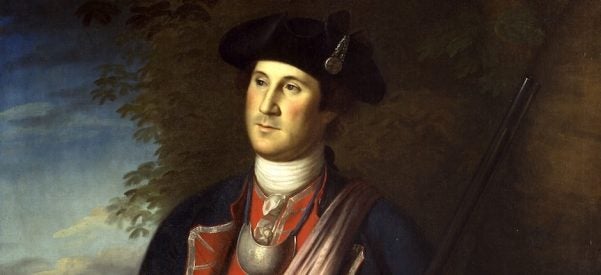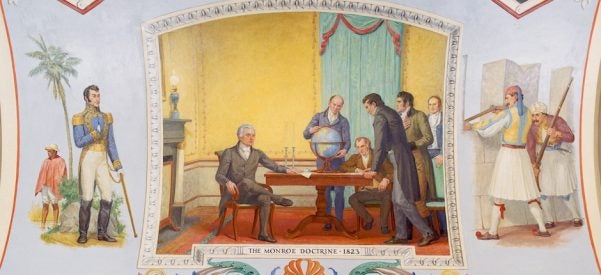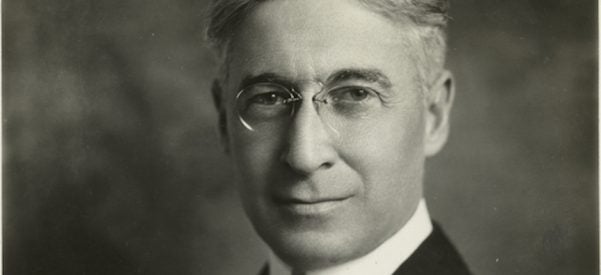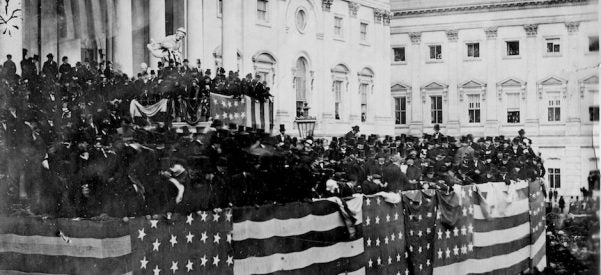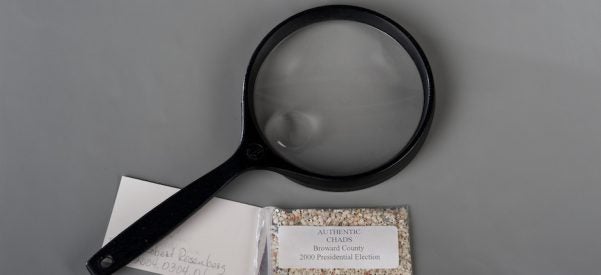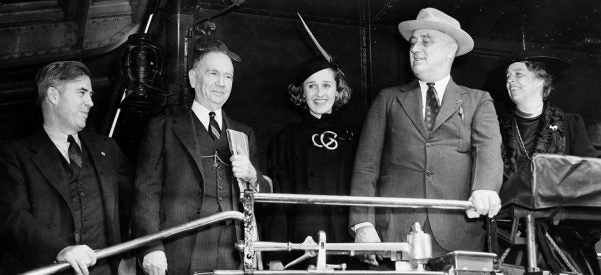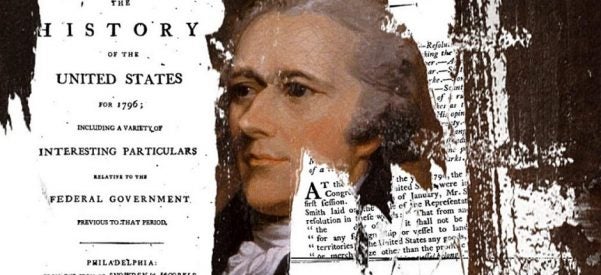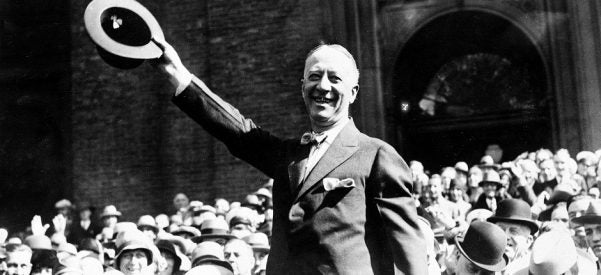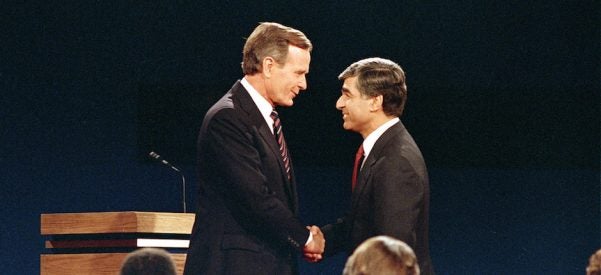How Vain, Stubborn, Thin-Skinned George Washington Grew Up
Through the Trauma of War, and By Learning From His Mistakes, the First President Gained Empathy and Gravitas
At 21 years of age, George Washington was a very different man than the one we know and hold sacred, different from the stately commander, the selfless first president, the unblemished father of our country staring off into posterity. This young Washington was ambitious, temperamental, vain, thin-skinned, petulant, awkward, demanding, stubborn, hasty, and annoying.
He was in love with his close friend’s wife. He was called an ingrate by his commander. He was accused of being a war criminal, a murderer, …


